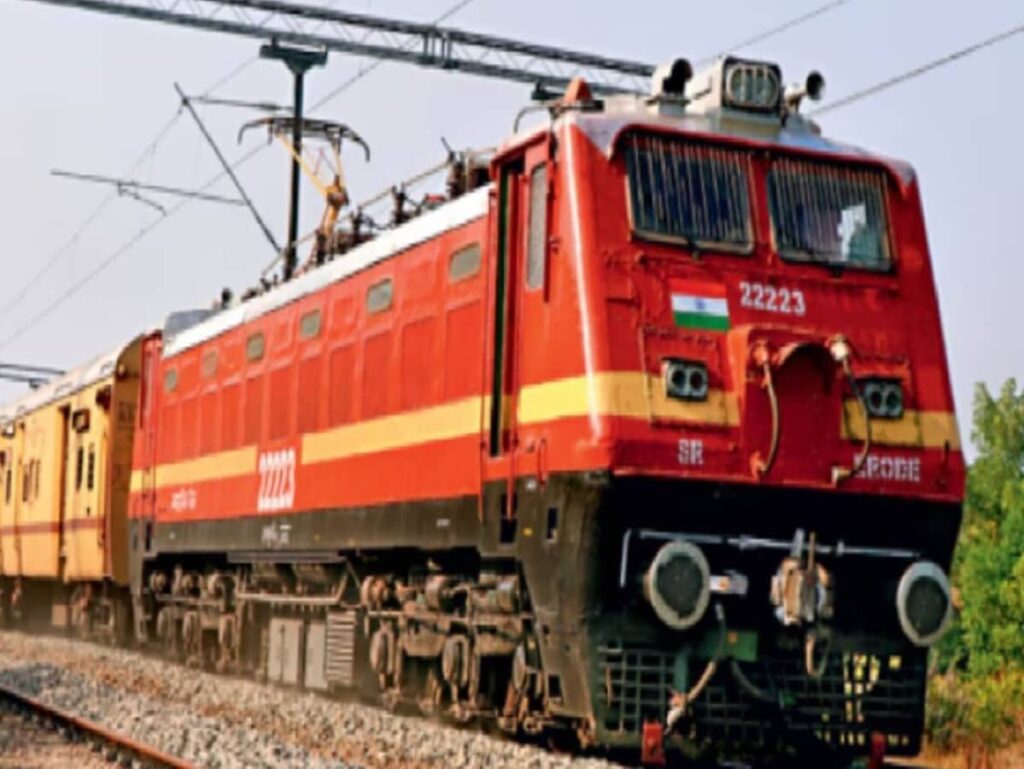The government has officially approved on October 5th that recruitment for officers in the railway sector will be conducted through the Civil Services Examination (CSE) and the Engineering Services Examination (ESE). The Union Public Service Commission (UPSC) will oversee the recruitment of Group A officers in the railway services. This decision is expected to streamline the hiring process and attract more qualified candidates into critical positions within the railway system.
Significance of the Recruitment Process
The decision to recruit railway officers through established examinations like CSE and ESE brings several advantages:
Standardization of Hiring
Utilizing CSE and ESE for railway recruitment standardizes the hiring process across various government sectors. This ensures that candidates are evaluated on a common platform, which helps in identifying the best talents based on merit.
Merit-Based Selection
By relying on competitive examinations, the government aims to enhance the quality of officers in the railway sector. The rigorous preparation and evaluation through CSE and ESE help ensure that individuals with strong analytical and problem-solving skills are selected.
Overview of Civil Services Examination (CSE)
The CSE is one of the most esteemed examinations in India, commonly known for selecting candidates for various civil services positions. The exam consists of three stages:
| Stage | Description |
|---|---|
| Preliminary | A screening test consisting of objective-type questions. |
| Mains | A written exam that includes descriptive questions across multiple subjects. |
| Interview | A personal interview to evaluate the candidate’s personality and suitability for public service. |
Overview of Engineering Services Examination (ESE)
The ESE, similar in prestige to the CSE, focuses on recruiting engineering graduates for various governmental services. The examination also consists of multiple stages:
| Stage | Description |
|---|---|
| Preliminary | Objective-type questions covering engineering subjects and general knowledge. |
| Mains | Detailed written exams in engineering disciplines indicating in-depth knowledge and expertise. |
| Interview | A round of personal assessments focusing on technical skills and practical experiences. |
The Role of UPSC in Recruitment
The UPSC plays a pivotal role in ensuring transparency and fairness in the recruitment process. As an independent constitutional authority, the commission is responsible for conducting examinations, declaring results, and recommending candidates for appointments. This structure is designed to maintain integrity and trust in the selection processes for various government posts, including those in the railway sector.
Conclusion
The recent decision to conduct railway officer recruitment via the CSE and ESE reflects the government’s commitment to enhancing the quality and competency of its workforce. By leveraging established examination systems, the railway services aim to attract skilled individuals who can contribute to the effective functioning of one of India’s largest sectors. The involvement of UPSC in this process reinforces the importance of meritocracy and transparency in public service recruitment, ultimately benefiting the railway system and, consequently, the economy at large.

